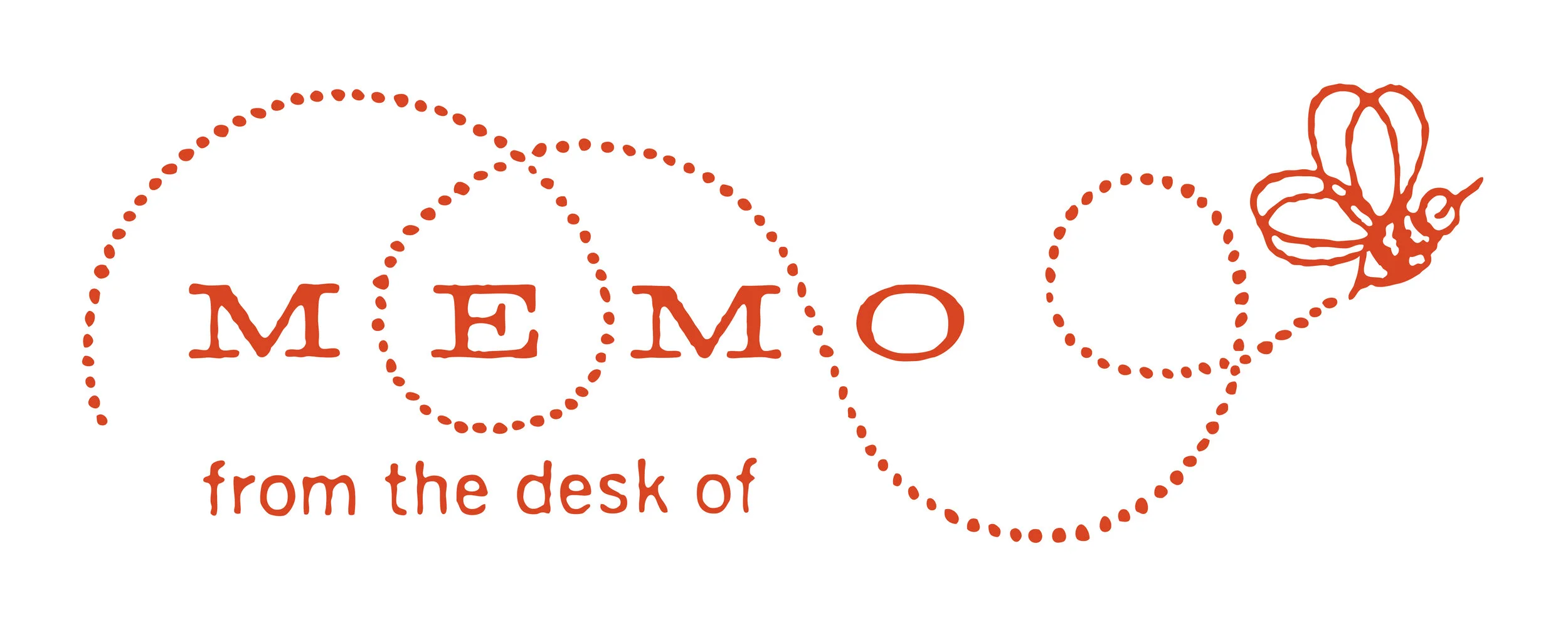“However, as you get older and you advance in your career or your business pursuits, you may find it to your advantage to know the basics of business English. In addition to the vocabulary and the grammar, you need to be aware of the major steps before you can advance in your position. I cover a number of these topics in both Business English private lessons and also in an online course specifically for this subject.”
On Writing Memos
“What is a memorandum you may ask? A memorandum or ‘memo’ is a type of written message passed along in a business for internal changes and review. Being able to edit, write, and understand memos is a key part of being successful in the business world. Memos are usually shorter in terms of written length and can range from as little as 100 words to about 1000 words depending on the subject matter.”
Double The Word Phenomenon
“The particular reason why this particular comedy hour stood out to me was due to Jerry’s focus on a peculiar aspect of the English language and how it was even strange to him even as a native speaker and whose English vocabulary is varied and mature. He was drawn to the fact that in the English language, we sometimes have this tendency to repeat certain words again or back to back and it can still make sense.”
Writing Formal Letters
“Writing a formal letter has gone out of style with the rise of e-mails and text messages. However, it is not gone yet and if you would like to stand out as a great English writer, I really recommend you learn more about the art of writing formal letters. Writing a letter, in general, is great practice especially when it comes to developing your vocabulary and sentence structure.”
Using Worksheets to Succeed
”If you are learning a language such as English, it can be tough to justify doing homework and worksheets and additional activities. However, here’s a secret for you, dear reader: you have to do it as part of the learning process. In order to retain the knowledge, you have learned either through online courses, private lessons, or group classes, you need to have worksheets or activities in order to be able to remember what the concepts were that you have to put into practice.”
Creating a Resume
“What is a resume? To sum it up, it is the backbone of your professional background and experience summed up in a one or two-page document which you will be showcasing to potential employers and/or co-workers. It is not the sum total of who you are as a person but rather who you are as a worker and what professional skills you have to offer and to whom your skills would be useful for. In order to get a better job, to get a better salary, or to get that promotion to take the next step in your career, a good resume could make the difference between a ‘yes’ or a ‘no’ answer when it comes to you getting that employment opportunity.“
Creating a Cover Letter
”What is a cover letter? Why is it important for an English learner to know about it and also how to create a good one? Well, a good cover letter can make the difference between landing that dream job or hitting refresh on the search results again to find the next job opportunity. Your experience and your professional background need to be succinct and summed up in a well-written way and the cover letter is your best way of doing that.”
Colons
“The colon is very useful in the English language, but it is also considered to be a bit underused as a means of punctuation within the world of grammar. You have to understand the circumstances for which a ‘colon’ can be used as well as a few examples of when it can show up in a regular sentence. If you can master colons, you can definitely count yourself as being advanced as an English learner.”
The Art of Using Rhetorical Techniques
“Rhetorical techniques are used in English writing to convey a meaning or a sentiment that the reader understands and is able to relate to emotionally or otherwise. A technique like a metaphor or a simile is used to persuade a reader to consider the topic being addressed from a different point of view(s).”
The Utility of One-on-One Practice
“When you are learning a new language especially one where you don’t have a lot of access to native speakers of that language, your ability to learn the foreign language can suffer as a result. Even if you are learning from someone in your country who speaks with advanced proficiency, there is still a discernible difference between a native speaker who also would likely be a qualified teacher for foreign students and one who is a teacher but is still a non-native teacher.”















